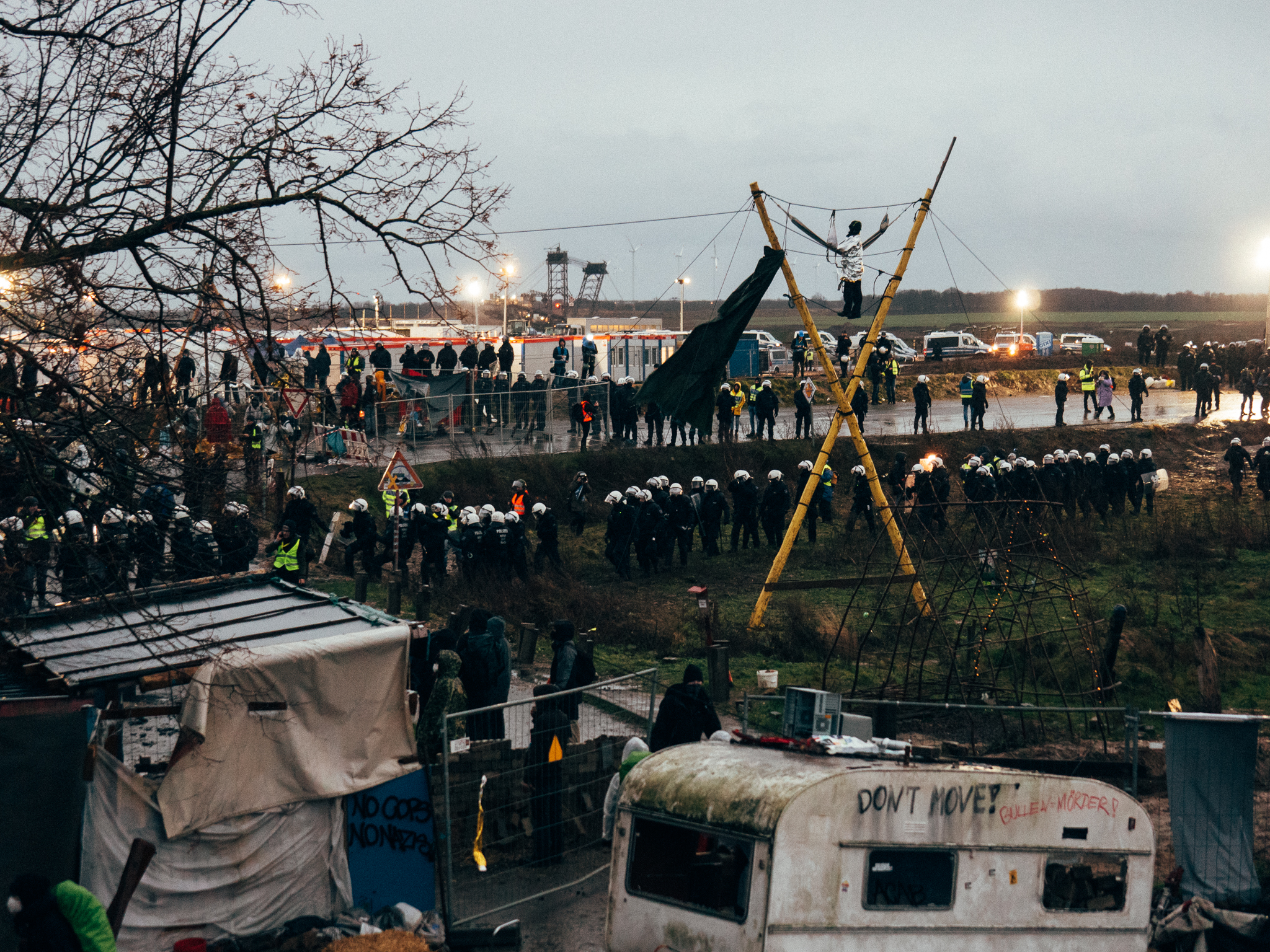Organized Panel: Global Mobilizations for Democracy and the Climate: Rethinking Justice, Transformation and Agency Beyond the Human
Panel Organizers: Sabrina Zajak (DeZIM), Antje Daniel (UV) und Nicole Milman Doerr (CoMMonSCPH)
How do climate activists globally mobilize and practice democracy beyond the negative human impact on the planet – and how do their democratic practices resist autocratization in times of repressive and autocratic government backlash? Social movements are and have been key actors criticizing the negative human impact on the planet – locally, transregionally and globally. Our panel invites papers that employ the idea that political-sociological thought beyond anthropocentric frameworks to engage with broader, more-than-human relations of justice (e.g. Latour, De La Cadena; Escobar, Zajak and Bringel). In current, climate justice mobilizations and practices of local democratic futures in European, and South American social movements, we can see already various forms of post-anthropocentric mobilizations. The African impact on the diffusion of global imaginaries of democracy and transformation on both Global South and Global North mobilizations of transformative futures remain largely overseen and/ underconceptualized (Daniel 2025). We suggest we need novel ways of conceptualizing justice, agency, and knowledge that decenter human exceptionalism and recognize the entanglements between human and non-human actors (De La Cadena). Using examples of diverse forms of environmental, interspecies, and relational justice, the panel explores how a post-anthropocentric lens can reframe debates on the distribution of harm, hope, responsibility, and rights across species and ecosystems. Drawing on feminist, social movements, and decolonial epistemologies, we seek to challenge dominant knowledge systems that prioritize human interests while marginalizing non-human entities. Central to this inquiry is the question of whose knowledge counts in understanding justice, particularly in a world shaped by interconnected ecological crises. We suggest that looking at eco-democratic knowledge practices in one way of recognizing the agency of non-human entities (rivers, animals, forests) (Doerr and Langa 2024). This panel seeks contributions which bridge and build upon on existing research on social movements including (pre)figurative politics, and intersectional alliances with the literature on political ecology, including socio-ecological transformations, nature-society relations, community-based modes of living – compelling us to engage with complex, multi-species relationships.
Proposals can only be submitted via the online platform (http://unihb.eu/ipb_conference_2025). Please indicate the panel title and panel chairs in your submission.



